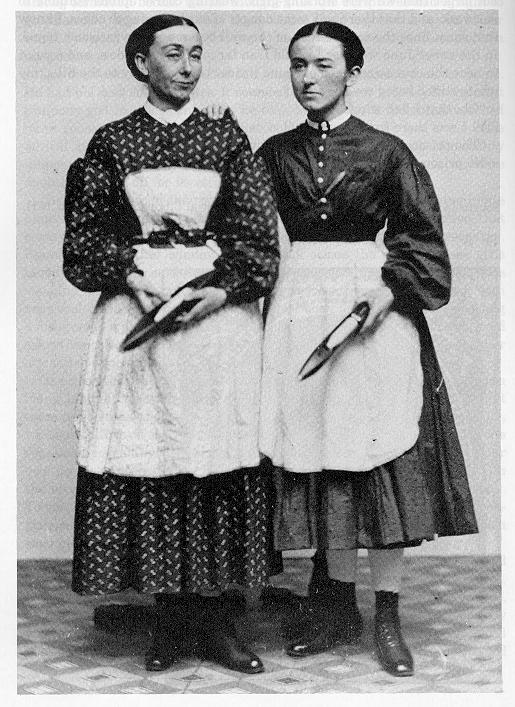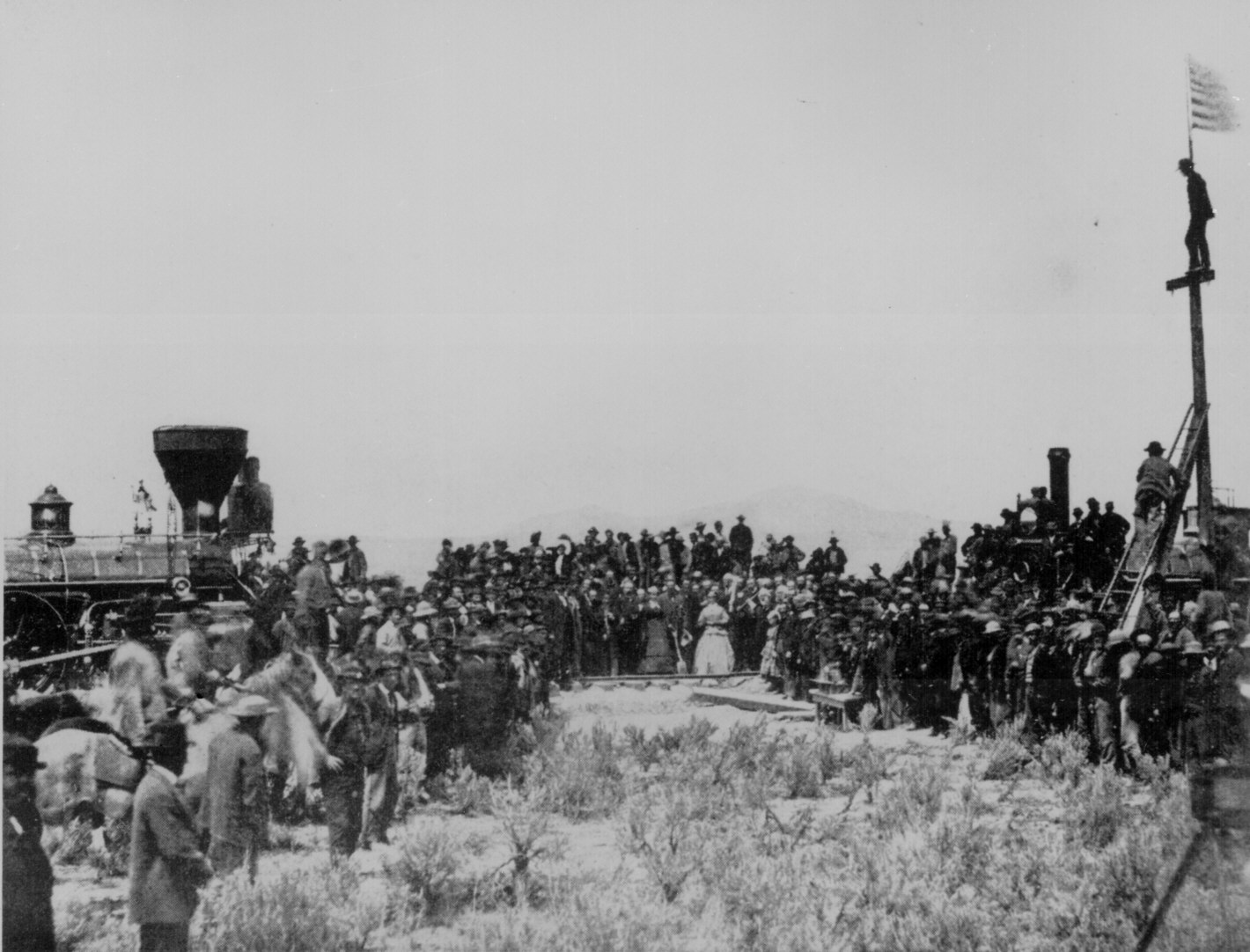|

Lowell Mill Girls, c1850
|
Questions to consider
1. What was the "Market Revolution"? Is it a useful a concept
with which to explain the social and economic changes of early nineteenth
century
America?
2. How did economic change affect gender and class relationships?
3. Did the "Market Revolution" help to polarise North and South?
4. Who were the winners and losers in the Market Revolution?
Primary
sources
The Working Men's Declaration
of Indpendence, 1829
Henry Niles, "Morality
of Manufactures," Niles Weekly Register. 25: 637 (November 29, 1823)
George Caleb Bingham,
'Fur Traders Descending the Missouri, 1845'
An account of the Cotton Boom
in Alabama
Opinion of Chief Justice
Taney in the Charles River Bridge Company case (1837)
Infroductory
reading
Richard
E. Ellis et al, A Symposium on Charles Sellers, "The Market Revolution:
Jacksonian America, 1815-1846,"Journal
of the Early Republic 12: 4 (1992)
Sean Wilentz, "Society, Politics, and the Market Revolution, 1815-1848" in
Foner, ed., The New American History, pp. 51-71 TEACHING COLLECTION MAIN
3297
Alan Dawley and Paul Faler,
"Working Class Culture and Politics in the Industrial Revolution: Sources
of Loyalism and Rebellion",
Journal of Social History 9 ( 1976): 466-480
Peter Way, "Evil Humors
and Ardent Spirits: The Rough Culture of Canal Construction Labororers",
Journal of American History 79 (1993), 1397-1428
Further reading
Douglas
R. Egerton, "Markets without a Market Revolution: Southern Planters
and Capitalism", Journal of the Early Republic, 16:2,
(1996): 207-221.
Sean Wilentz, "The Market Revolution" in Foner, ed., The
New American History, pp. 51-72
Harry Watson, Liberty and Power: the politics of Jacksonian America
(1990), chapter 1
Bruce Laurie, Artisans into Workers: Labor in Nineteenth-Century America
(1989), chapter 2.
Melvyn Stokes and Stephen Conway, eds., The Market Revolution: social,
political and religious expressions, 1800-1880 (1996)
Anne C. Rose, Voices of the Marketplace: American Thought and Culture,
1830-1860, ch 2-3.
Edward Pessen, "The Egalitarian myth and American Social Reality", American Historical Review 76 (1971)
Sean Wilentz, Chants Democratic: New York City and the Rise of the
American Working Class 1788-1850 (1984)
G.R. Taylor, The Transportation Revolution, 1815-1860 (1951)
Charles Sellers, The Market Revolution: Jacksonian America, 1815-1846
(1991)
Marvin Meyers, The Jacksonian Persuasion (1960)
Edward Pessen, Riches, Power and Class before the Civil War (1973)
Arthur Schlesinger, The Age of Jackson (1946)
Douglass C. North, The Economic Growth of the United States (1961),
pp. 61-75, 189-204.
Christopher Clark, The Roots of Rural Capitalism: Western Massachusetts,
1780-1860 (1990)
William Cronon, Nature's Metropolis: Chicago and the Great West (1991)
|
